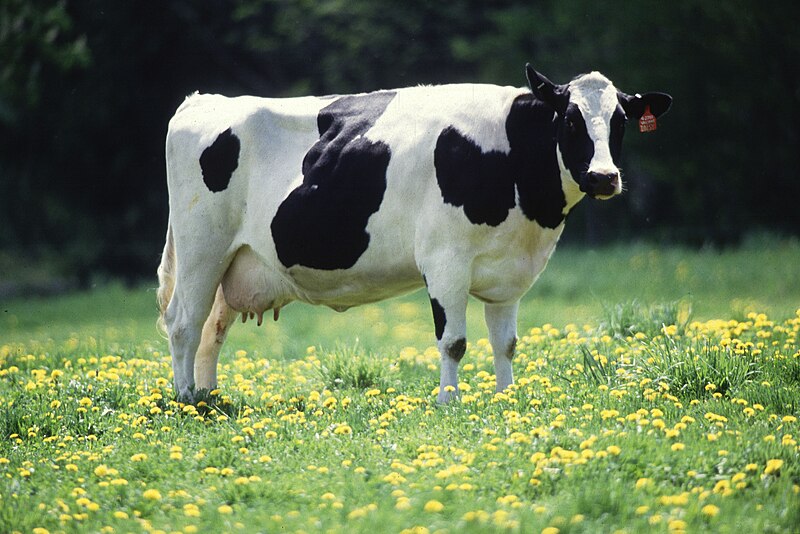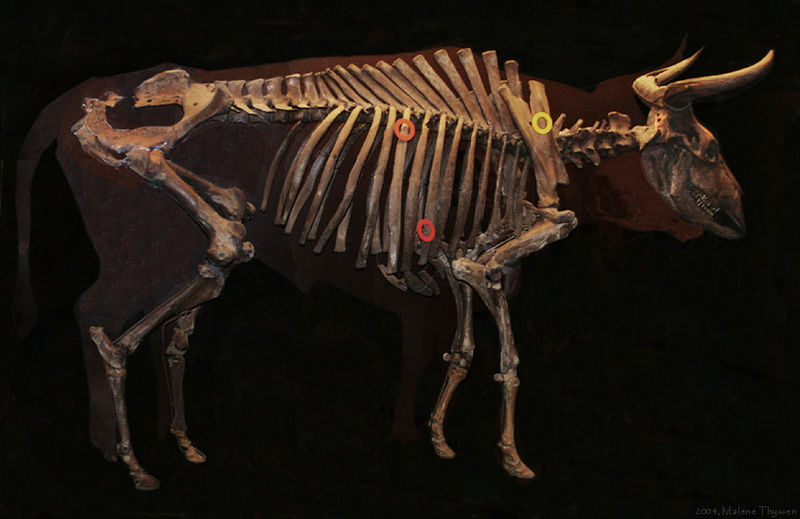I understand completely. It is you who refuses to confess the obvious truth of the matter, FRiend.
annalex: "There is no dispute that random mutations occur in every species.
They are called birth defects."
Mutations are only "defects" if they harm the individual's chances to survive and reproduce.
Most mutations have no effect, but if occasionally a mutation improves an individual's survival, then that is called, yes, "evolution".
annalex: "The dispute is that those of them that conform with the environment and even provide an environmental advantage, and occur so that the two species with it (or one if the mutation is not only advantageous but dominant) successfully mate, occur statistically insufficiently for the new species to be produced over generations of such lucky streak."
There's no dispute if you consider the example of woolly mammoths and African elephants.
Their genomes are about 99% identical, but even that 1% difference means roughly 30 million genetic mutations to "base pairs" -- mutations necessary for mammoths' adaptations to cold and elephants to African climates.
Based on mitochondrial DNA and fossils, the estimate is that woolly mammoths and African elephants shared common ancestors around 6 million years ago.
So, can you follow the math here? -- 30 million mutations over 6 million years works out to about 50 mutations per 10 year generation.
And that is roughly the same rate observed / confirmed by scientists referenced in my post #133 above.
So, genetic mutations in every generation are facts, not "fantasy", and these mutations accumulate at a more-or-less steady rate over many generations, allowing for simple adaptations, in this example, of mammoths in the arctic versus elephants in Africa.
annalex: "Let us not forget that for a random mutation to be advantageous something equivalent of improving a poem through letting a monkey retype it needs to happen."
But in the case of elephants migrating from southern to arctic climates, any mutation which helps it survive the cold (i.e., longer hair, more fat under skin, shorter ears, etc.) will by natural selection get passed on to future generations.
So there's no big mystery here -- the process, evolution, is obvious and undeniable.
And since most denominations teach that this process is always directed by God, there's nothing anti-Christian about it.
annalex: "Further, there is no fossil evidence of a gradual movement from one species to the next, but there is plenty of fossil evidence of stable, not mutating species."
I've answered this now many times, but you still don't "get it", do you?
The word "species" as used by scientists has a fairly precise definition: a group which can interbreed naturally.
Among Zebras, for example, some sub-species do interbreed, but separate Zebra species cannot.
So, merely referring to fossils of those Zebras would not, by itself, tell you which ones are sub-species and which are separate species.
Point is: you don't really know by just looking at fossils whether or not one could interbreed with similar looking fossils from a different location.
And chances are that if any serious length of time separates one fossil from another, then regardless of how similar they appear, they could not interbreed and so would be classified as separate species.
And the basic rule is simple: fossils don't change much as long as their environments don't change.
Major evolution only really happens when a sub-group gets separated from its species in a changing environment which forces the sub-group to either evolve or die out.
annalex: "Regarding zebras and dogs and cats — understand that selection of breeds is not the same mechanism, — no mutations of the genome are needed.
This is why that breeding occurs does not speak to the issue of origin of species."
But mutations do happen in every generation, and over many generations these mutations will prevent separated sub-species from interbreeding with each other, and then scientists will label them new species.
We can see this (for example) in Zebra sub-species and species, we see it in human modifications of plant species, and over many generations amongst domesticated animals.
Indeed, I would question today whether every breed of, say, milk cows could successfully interbreed with their Auroch ancestors:
Modern Holstein:
Ancient Auroch: